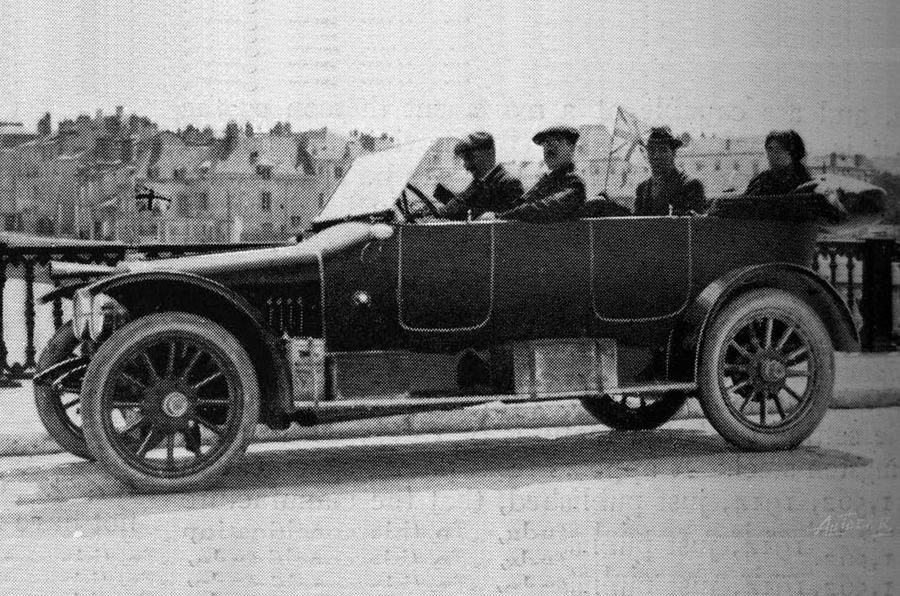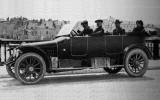The recent events to mark 100 years since the start of World War One inspired me to delve into our archives to find out how The Autocar reported the beginning of the conflict.
The threat of hostilities dominates issues throughout the summer, growing in prominence in the editorial pages as war becomes an increasing possibility.
In the 15 August 1914 issue I stumbled across an article entitled ‘Across France in twenty-seven hours’, in which Autocar recounted its front-row seat to the unfolding of war in France.
Our reporter, identified in the article only by the initials ‘EMPB’, was supposed to be heading to Grenoble to observe competitors taking part in a six-day car trial on Alpine roads.
“We little thought when we left Le Havre on the sunny morning of 30 July what excitement was in store for us,” he wrote. “The competitors suddenly found themselves in the serious position of having twenty-four hours notice to quit, owing to the general mobilisation of the French Army.
“Petrol had been commandeered for the army transports, the train service had been curtailed and foreigners were given notice to leave the country at once."
Autocar’s correspondent and his four colleagues were “absolutely reliant on our 12-16hp Sunbeam to carry us safely to Le Havre on the sporting chance of arriving there before the cross-Channel ferry service was stopped”.
So began a flat-out (by 1914 standards) drive across a nation that was stirring into military action as mobilisation orders reached towns and villages.
Autocar’s man had been informed by officials that petrol would be obtainable on the route north, but this wasn’t always the case.
“At garage and petrol stores we were quietly but firmly refused supplies, but at last a friendly Frenchman furnished a complete tankful and 12 extra gallons at no extra charge, and these precious tins of fuel were carefully covered up in the rear of the car so as not to attract attention.












Join the debate
Add your comment
excellent article
Would be interesting...
Agreed, more from Autocars
WW1 saw the first mechanised